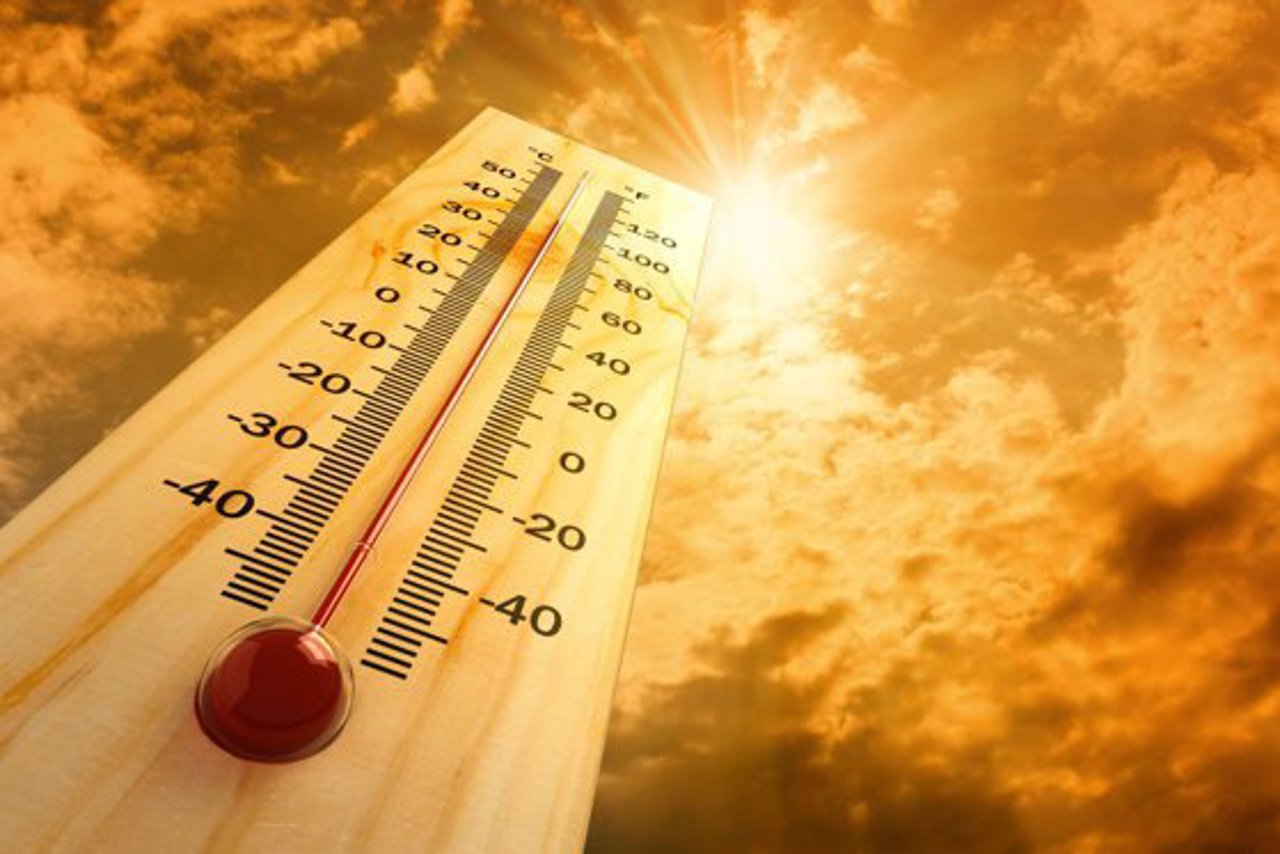World average temperature record for the beginning of June
Global temperatures have accelerated to record-setting levels this month, an ominous sign in the climate crisis ahead of a gathering El Niño that could potentially propel 2023 to become the hottest year ever recorded, The Guardian reports.

Preliminary global average temperatures taken so far in June are nearly 1C (1.8F) above levels previously recorded for the same month, going back to 1979. While the month is not yet complete and may not set a new June record, climate scientists say it follows a pattern of strengthening global heating that could see this year named the hottest ever recorded, topping 2016.
There has been “remarkable global warmth” so far in June, confirmed Copernicus, the European Union’s Earth observation arm, which said that the first few days of the month even breached a 1.5C increase compared with pre-industrial times. This is probably the first time this has happened since industrialization, the agency said. The long-term warming conditions caused by the burning of fossil fuels will probably receive a further pulse of heat via El Niño, a naturally recurring phenomenon where sections of the Pacific Ocean heat up, typically causing temperatures to spike across the world.
This year has already seen severe, record heatwaves roil places from Puerto Rico to Siberia to Spain, while blistering heat in Canada helped spur huge wildfires that blotted the skies above New York City and Washington with toxic smoke last week.
According to an update issued by Noaa on Wednesday, the world had its third warmest May in a 174-year temperature record last month, with North America and South America both having their hottest May ever recorded.
Noaa is more circumspect about the prospects of an annual heat record in 2023, placing the odds at about 12%, but has said it is almost certain the year will rank in the top 10 warmest and is very likely to be in the top five.
In May, the World Meteorological Organization warned that global temperatures will probably soar over the next five years, fueled by El Niño as well as emissions, with a new record hot year almost guaranteed during this period.




